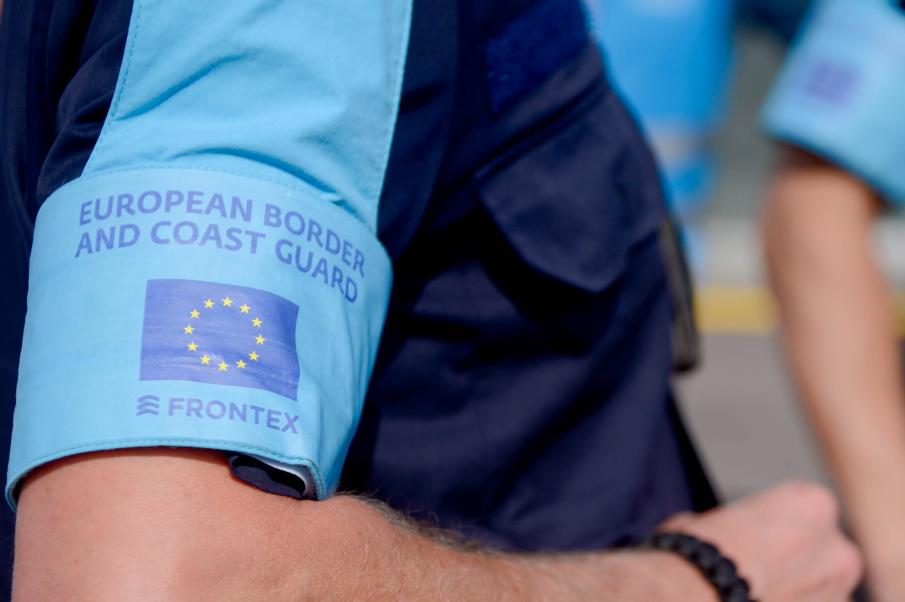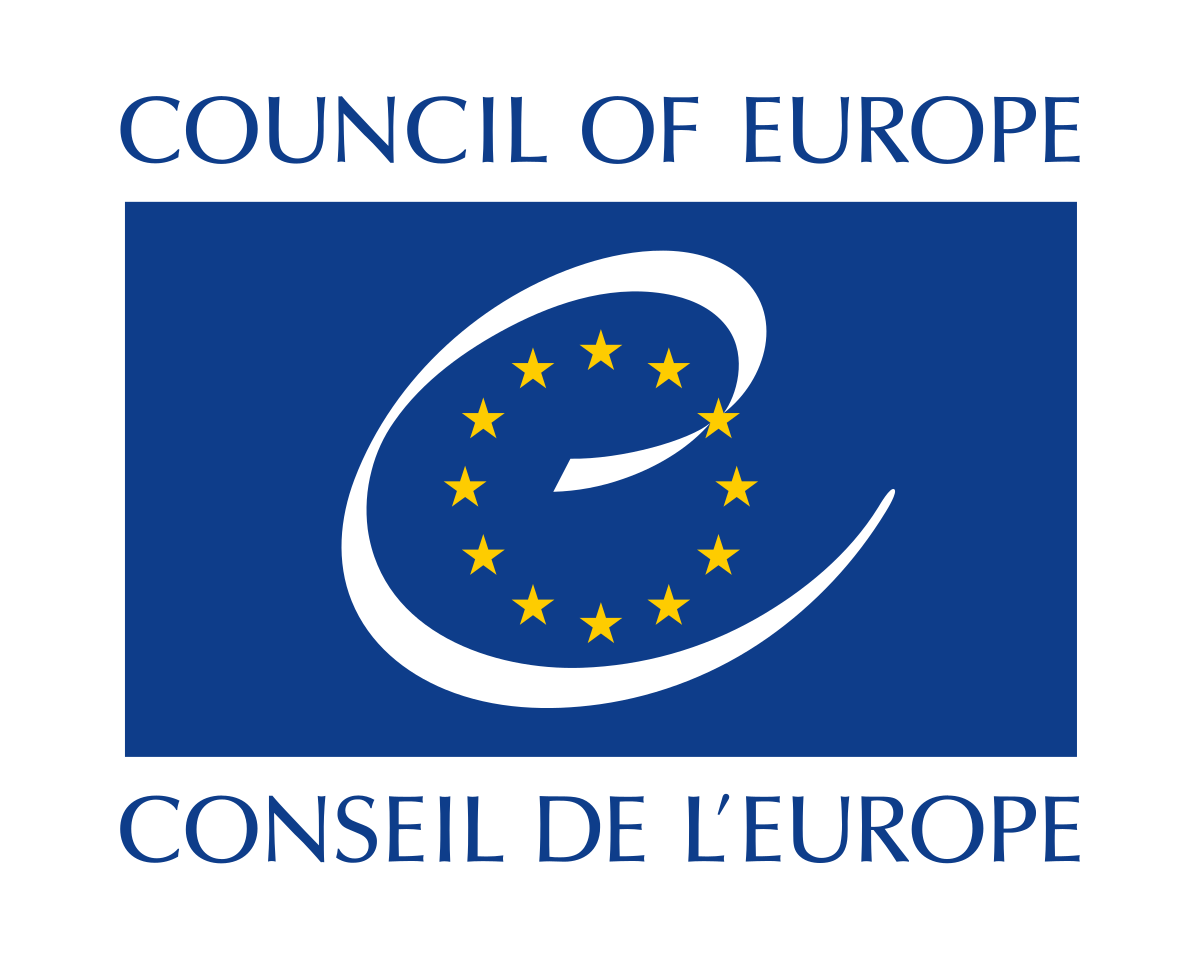Ombudsman opens inquiry to assess European Border and Coast Guard Agency (Frontex) ‘Complaints Mechanism’

European Ombudsman Emily O’Reilly has opened an inquiry to look into how the European Border and Coast Guard Agency (Frontex) deals with alleged breaches of fundamental rights. In particular, the investigation will assess the effectiveness and transparency of Frontex’s Complaints Mechanism for those who believe their rights have been violated in the context of Frontex border operations, as well as the role and independence of Frontex’s ‘Fundamental Rights Officer’.
In 2013, as part of a previous inquiry, the Ombudsman recommended that Frontex set up an individual complaints mechanism, and that its Fundamental Rights Officer be in charge of the mechanism. Since then, such a mechanism was put in place and further developed, with a view to providing safeguards for fundamental rights in the context of Frontex’s expanding mandate, as well as ensuring increased accountability and redress for those impacted by its actions.
This inquiry focuses on whether the Complaints Mechanism and the Fundamental Rights Officer are truly empowered to deal with the issues faced by migrants and asylum seekers who feel their rights have been violated under Frontex operations.
In opening the inquiry, the Ombudsman has sent a set of detailed questions to Frontex on the Complaints Mechanism and the Fundamental Rights Officer. She has also informed members of the European Network of Ombudsmen (ENO), with a view to their possible participation in the inquiry, as part of the ENO’s parallel work. This is important, given the role of national authorities in Frontex operations, and the fact that some national ombudsmen are responsible for following up on complaints related to this.
Among other things, the questions set out by the Ombudsman look at: how and when Frontex will be updating the mechanism to reflect its expanded mandate; what happens to complainants who are faced with forced return while their complaint is still being processed; what appeal possibilities are open to complainants; how Frontex monitors complaints against national authorities; how those who have been affected by Frontex operations but are in non-EU countries can complain about alleged breaches of fundamental rights, including the issue of language; and the role of the Fundamental Rights Officer in this process.
Publié sur European Ombudsman le 12 novembre 2020.






